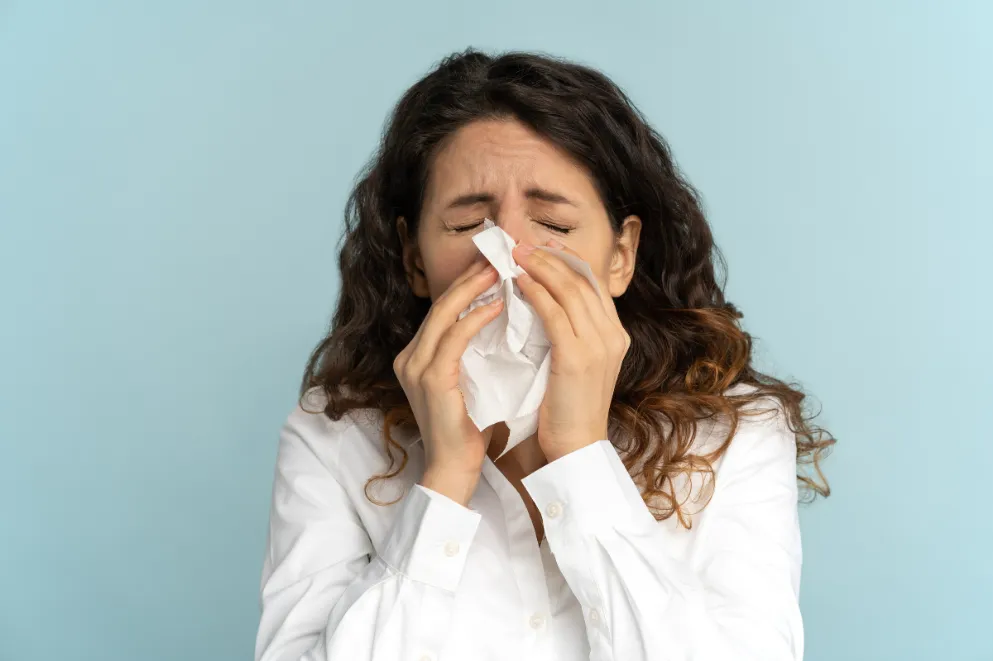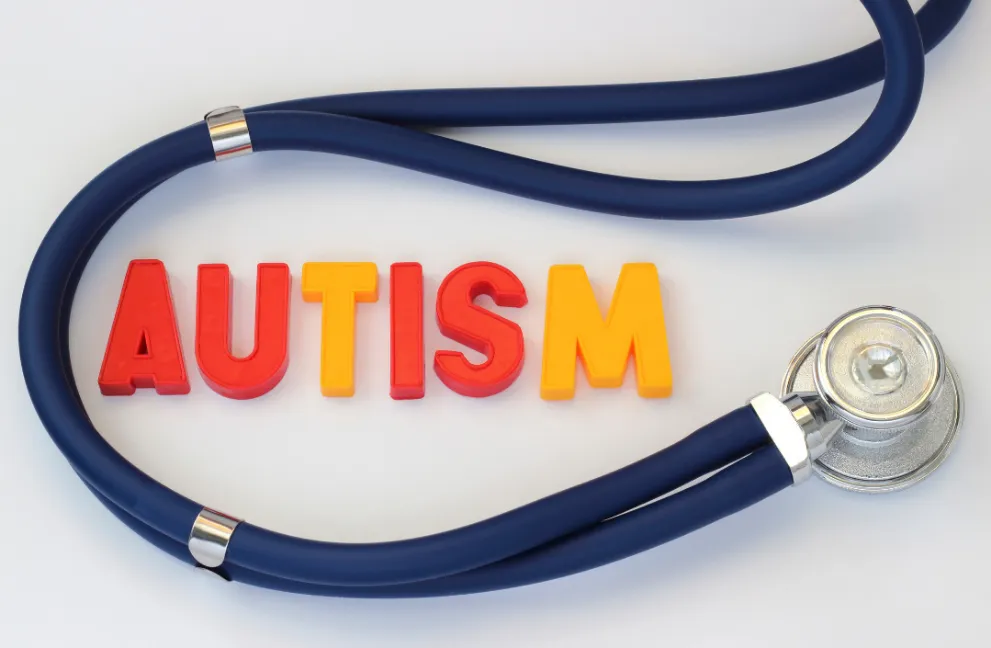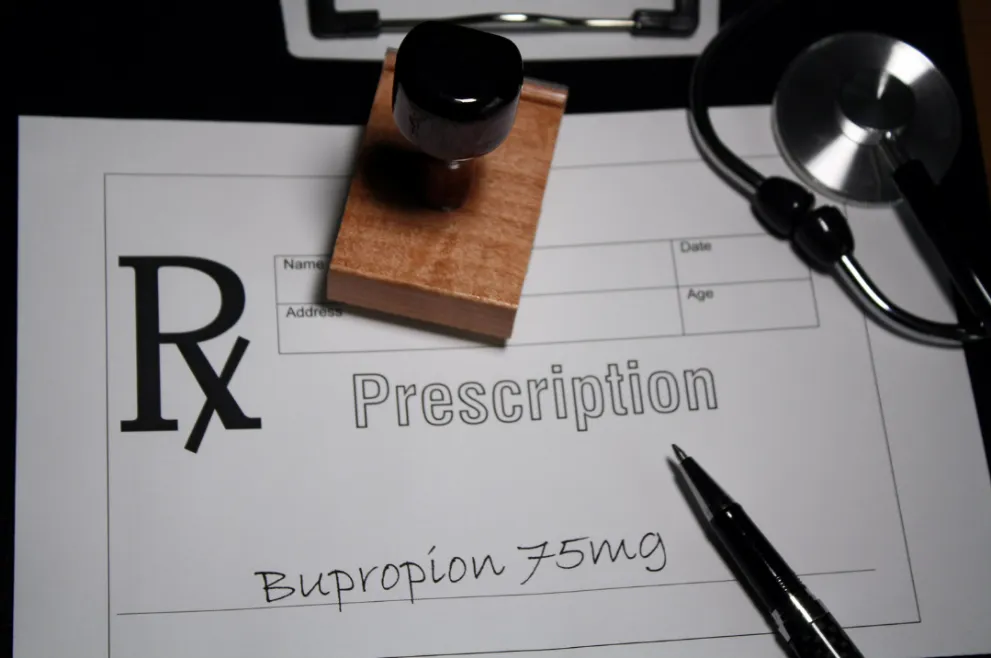Benadryl, known to scientists as diphenhydramine, is a popular over-the-counter antihistamine that many of us keep handy in our medicine cabinets. This multitasker helps us cope with hay fever, seasonal and year-round allergies, the common cold, minor throat irritation, motion sickness, and even insomnia. However, when it comes to mixing Benadryl with other meds, it's important to be cautious to prevent potential drug interactions. So, let's dive into the details about Benadryl and its interactions with other medications.
Meet Benadryl!
Benadryl (diphenhydramine) is an over-the-counter wonder that combats allergic reactions. You'll find it in different forms, from tablets and capsules to liquid-filled capsules and solutions. Besides its original brand name, you might spot it labeled as Aler-Dryl, Diphenhist, Nytol, and Siladryl. Diphenhydramine even teams up with other meds in products like Motrin PM (ibuprofen/diphenhydramine) and Aleve PM (naproxen/diphenhydramine).
Watch Out for Benadryl Interactions
When Benadryl rubs shoulders with certain medications, it can spark interactions that might ramp up your risk of side effects. Some of these effects might be mild and fleeting, but others could be severe and lead to health issues. So, it's a good idea to keep your doctor or healthcare professional in the loop about all your over-the-counter and prescription medications, as well as any underlying health conditions. They can then assess any potential interactions between Benadryl and your other meds and suggest alternative treatments if needed.
What Does Benadryl Clash With?
While Benadryl interacts with various medications to different degrees, the list below isn't exhaustive. So, always check with your pharmacist or doctor before combining Benadryl with other medications.
Alcohol: As a central nervous system depressant, alcohol can boost Benadryl's sedative effects, leading to increased drowsiness, extreme tiredness, dizziness, and confusion.
Blood pressure medications: Benadryl can tangle with high blood pressure meds like metoprolol succinate (Toprol XL).
Other antihistamines: Using Benadryl with other antihistamines like meclizine (Antivert), cetirizine (Zyrtec), and promethazine (Promethegan) may lead to more side effects like dizziness, extreme sleepiness, confusion, and difficulty concentrating.
Antidepressants: Older antidepressants, tricyclic antidepressants (TCAs), and trazodone (Desyrel) have sedative effects. Mixed with Benadryl, these medications can increase side effects.
Sleeping medicines: Combining Benadryl with sedative-hypnotics like eszopiclone (Lunesta) and zolpidem (Ambien) can significantly increase side effects like extreme sleepiness, confusion, and difficulty concentrating.
Cannabis products: Pairing cannabis with Benadryl can increase side effects like dizziness, drowsiness, confusion, and difficulty concentrating, especially in older individuals, who might also experience impaired judgment and coordination.
With the understanding of how Benadryl might interact with other medications and impact your health, it's always best to ask your pharmacist or doctor for advice before mixing any meds with Benadryl. Also, learn how you can save on the cost of Benadryl using an RxLess coupon for OTC medications.
















